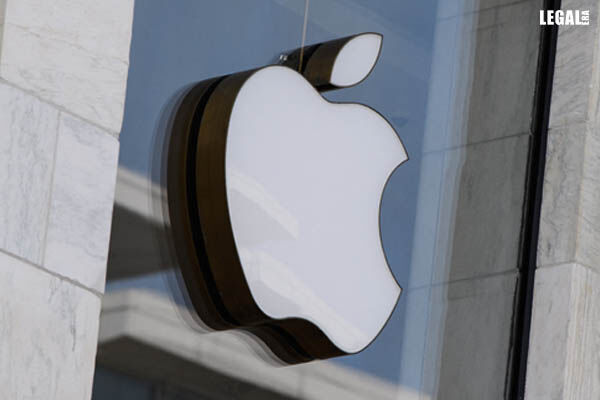
US Court favors Apple against Zero Density; allows ‘Reality’ software trademarks
The judge ruled that the two phrases were distinctive and merited trademark protection
The U.S. District Court in Virginia has ordered the Patent and Trademark Office (PTO) to award Apple federal trademarks covering its augmented reality software-development tools ‘Reality Composer’ and ‘Reality Converter.’
U.S. District Judge Leonie Brinkema has ruled that the two phrases were distinctive and merited trademark protection, reversing a PTO decision that the phrases could not be trademarked.
‘Reality Composer’ and ‘Reality Converter’ enable developers to create and edit 3D augmented-reality content for the company’s apps. The content is compatible with Apple devices, including the Vision Pro mixed-reality headset.
Earlier, Turkish visual-effects company Zero Density had challenged Apple’s applications to PTO for trademarks covering the two phrases. It said they were not entitled to trademark protection because they merely described the software’s function. It added that the trademarks would cause confusion with its ‘Reality’-related marks.
In 2023, a PTO tribunal agreed with Zero Density that Apple’s marks were too descriptive to receive trademark protection.
Aggrieved by the decision, in 2024, Apple sued to overturn the ruling. It contended that its phrases were unique ‘made-up terms; which “do not describe the underlying software development tools.”
Judge Brinkema held, “Although the term ‘Reality’ is likely descriptive of augmented reality software to the consumers to whom Apple advertises this product, the term stretches beyond its descriptive meaning when combined with ‘composer’ and ‘converter.'”
Meanwhile, Jeffrey Greger, the attorney for Zero Density, said that the decision was ‘a win-win’ and should allow the company to fend off separate Apple challenges to its ‘Reality’ trademarks at the PTO.